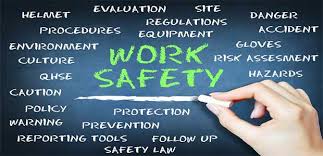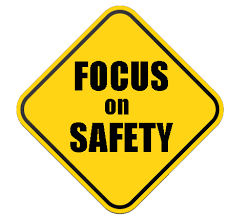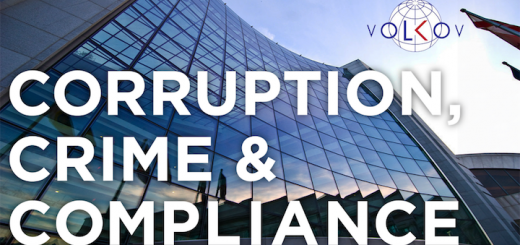Corporate Culture: Health and Safety (Part II of II)

Companies face a daunting challenge to reassure and regain trust and integrity with employees. CEOs should view the current situation as an opportunity to improve a company’s culture by building on the company’s trust and integrity values.
Aside from basic economic questions, companies have to ensure that employee health and safety are assured. In this pandemic era and with the spread of disinformation by politicians, employees are looking for honesty with respect to COVID-19 risks. Companies have an opportunity to demonstrate their commitment to health and safety as a basic prerequisite to reopening offices and ensuring that employees feel safe at the workplace.
While the federal regulators (e.g. OSHA) do not appear to be enforcing regulatory requirements applicable to a safe workplace, companies should move to address this issue aggressively as a way to demonstrate its commitment to its employees.
A comprehensive safety plan should be adopted and then implemented. Companies should start with screening employees who report to work through temperature screening, enforcing mask requirements in the workplace, modification of workplaces with social distancing requirements, physical modifications with plexiglass, and other environmental modifications.
Employees expect safety and health to be assured. A workplace, like any public store or location, should include procedures and physical modifications that reassure employees (akin to customers at a store).

While these steps are basic, companies have to address employee reporting policies. In advance of reopening, companies have to craft policies governing employee testing, infection response and notification requirements. Employee safety requirements have to be carefully crafted to balance employee privacy and workplace safety.
Employees that test positive for COVID-19 have to stay home and seek medical care before returning to work. When an employee tests positive or has been exposed, the company has to inform other employees without disclosing the employee’s identity pursuant to a trace procedure so that other employees who may have been in contact may take appropriate steps to ensure their own safety.
Companies have to address the odd resistance to wearing masks. Based on current research, it is clear that wearing a mask can have a significant impact on reducing the risk of COVID-19 infection and transmission. This is an issue that companies have to address and explain carefully to its employees. While there appears to be a lack of understanding surrounding this issue, companies have to play a leadership role. If a company does not do so, the company will create significant risks of employee litigation for failing to ensure a safe workplace.

Companies have to advance trust and integrity in a new environment where economic uncertainty and workplace safety are paramount issues of concern. Companies that ignore workplace safety or try to “wing it” will suffer serious culture harms and loss of trust with its workforce.
Employees need to be reassured on these important issues. In the absence of clear and consistent communications and commitment, employee trust will deteriorate. Rather than building greater trust through overcoming economic and workplace safety challenges, companies will have lost an important opportunity to enhance its corporate culture.














